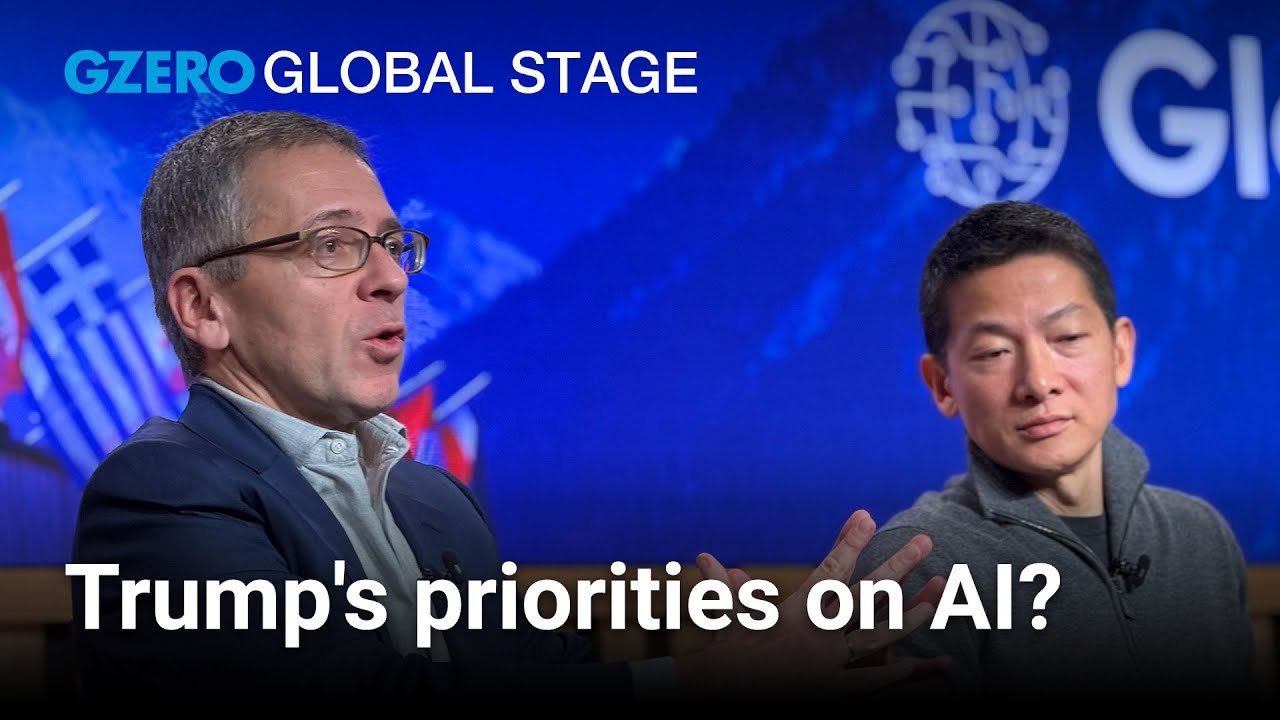World Economic Forum
Ian Bremmer: Can the US still lead AI innovation while cutting global ties?

- YouTube

As global AI innovation accelerates, Ian Bremmer unpacks the shifting priorities of world leaders. During a Global Stage livestream at the World Economic Forum in Davos, he highlights the UK’s rebranding of its “AI Safety Summit” to an “AI Action Summit” in 2025, calling it a telling sign of the race to harness AI’s economic potential.
"There is enormous effort by every actor that's touching AI right now to try to ensure competitiveness, try to ensure productivity, try to take advantage of these tools and set them to work," he says. "Everyone agrees with that."
However, Ian flags a contradiction in the US approach: while Donald Trump’s administration is doubling down on innovation, its simultaneous withdrawal from global agreements like the Paris Accord and the WHO poses challenges. “What is a world going to look like when the country that is doing the most to try to ensure that it is driving that innovation is also at the same time withdrawing from global responsibilities and architecture that it created, which we've never seen before?” he asks. Bremmer warns that this duality could hinder efforts to scale AI’s benefits equitably, especially for developing nations.
This conversation, moderated by Becky Anderson, was part of the Global Stage series at the 2025 World Economic Forum in Davos, Switzerland, presented by GZERO in partnership with Microsoft.
Gotta maximize sleigh-holder value. #PUPPETREGIME
On Ask Ian, Ian Bremmer breaks down the steady escalation of US pressure on Venezuela and why direct military action is now a real possibility.
From civil conflicts to trade wars to the rise of new technologies, GZERO runs through the stories that have shaped this year in geopolitics.
Ukrainian intelligence services assassinated a senior Russian general on the streets of Moscow on Monday, detonating a bomb strapped to his car.